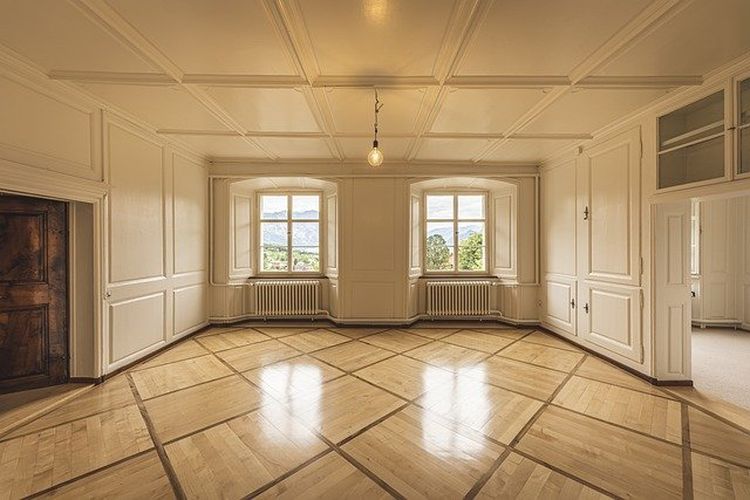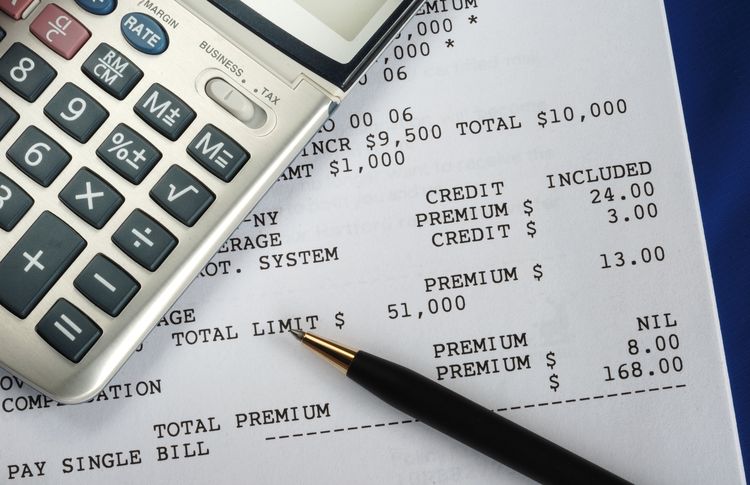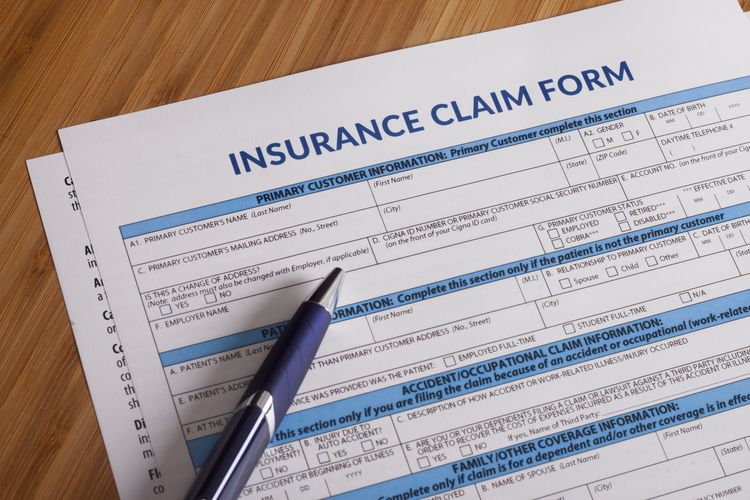Why It May Be A Good Idea To Get Renters Insurance
Given the current environment and housing market, it’s very possible that you rent and you don’t own.
This means while you’re not owning a property, you can still sleep easy, right? You’re not responsible for maintenance or repairs that might be needed while you’re living the good life. Instead of fretting over who to call when something needs fixing – you just call the landlord. One and done.
Hate to burst the bubble, but this easy living scenario doesn’t extend to your possessions that are housed in your rental property. Your clothing, furniture, family heirlooms, books, etc., aren’t covered under your landlord’s homeowners insurance policy. Unless you take action, they’re not covered at all should a disaster occur such as a fire, or if there’s water damage or storm destruction.
That’s where renters insurance comes in (and worries go out).

What Is Renter’s Insurance?
In short, renters insurance, also known as tenant insurance, is a type of policy that covers your personal belongings, including those housed in a rental property. The three main types of renters insurance are:
- Personal property coverage | Covers replacement or repair of your belongings housed in a rental property.
- Personal liability coverage | Offers financial protection in the event you cause damage or bodily harm while you’re in a rental property; usually covers medical bills.
- Loss-of-use coverage | Covers hotel and additional living expenses if you can’t stay in a rental property due to damage.

Is Having Renter’s Insurance Really Necessary?
Some landlords and property management companies require you to take out a renters insurance policy as part of lease terms. In effect, they’re not asking you to get renters insurance, they’re telling you to.
But even if you’re not required to take out renters insurance, you might want to take out a policy that protects your belongings from a variety of circumstances such as theft, damage to your personal property from neighboring units, fire from faulty electrical units, or shoddy construction.

How Much Does It Cost?
In general, renters insurance can cost about $14 per month, according to the Insurance Information Institute. A bit of additional good news: Renter’s insurance premiums have dropped for the last four years, and you may be able to bundle your renter’s insurance with your auto insurance, depending on the provider.
The cost of renters insurance depends on a few different factors, including where you live and the amount of coverage. Insurance policies range in price based on location: Alabama, Georgia, Louisiana, and Mississippi have the highest renters insurance premiums, while Idaho, Iowa, Maine, and Minnesota boast some of the lowest rates.
Renter’s insurance rates also vary according to the scope of coverage. According to Policy Genius, an online insurance marketplace, an average renter’s policy provides $30,000 in personal property coverage, $100,000 in personal liability coverage, and 40% of your costs for loss-of-use coverage. If you estimate that your belongings are worth more than $30,000, you’ll want to upgrade from the standard renter’s coverage to a policy that covers the full worth of your property.
As is the case with most types of insurance, you’ll have a policy deductible, an amount you’ll need to pay out of pocket in order to settle a claim. In general, the higher your level of coverage, the higher the deductible. Experts suggest that a deductible should hover around $500, but make sure it’s an amount that you can afford to pay should you try to make a claim.

How Much Renters Insurance Is Enough?
To determine how much renters insurance you should have, take into account all of the belongings you would like to have covered, and estimate their replacement value. Keep in mind that the cost of replacing items doesn’t always reflect what they’re worth at the time when you might be submitting a claim, or how much you initially paid for them. Be sure to include items such as jewelry, art, electronics, clothing, antiques, furniture, and the like. The estimated total value of your possessions will provide you with an idea of how much insurance coverage you might need in the event that some, or all, of your items have to be replaced.
Before you select an insurance policy, consider comparing different quotes before making a final decision. Insurance specialists recommend comparing three to five options before choosing a company.
